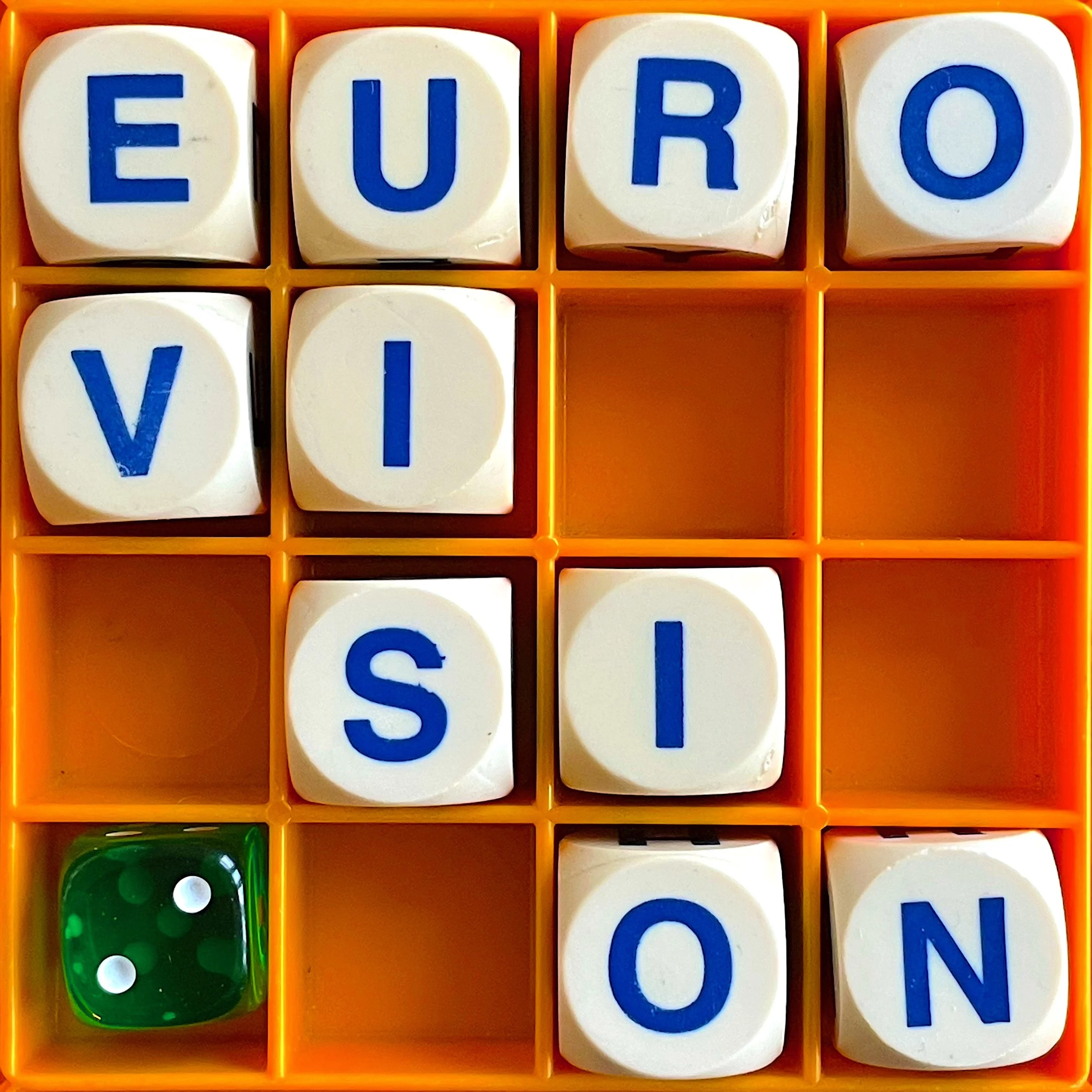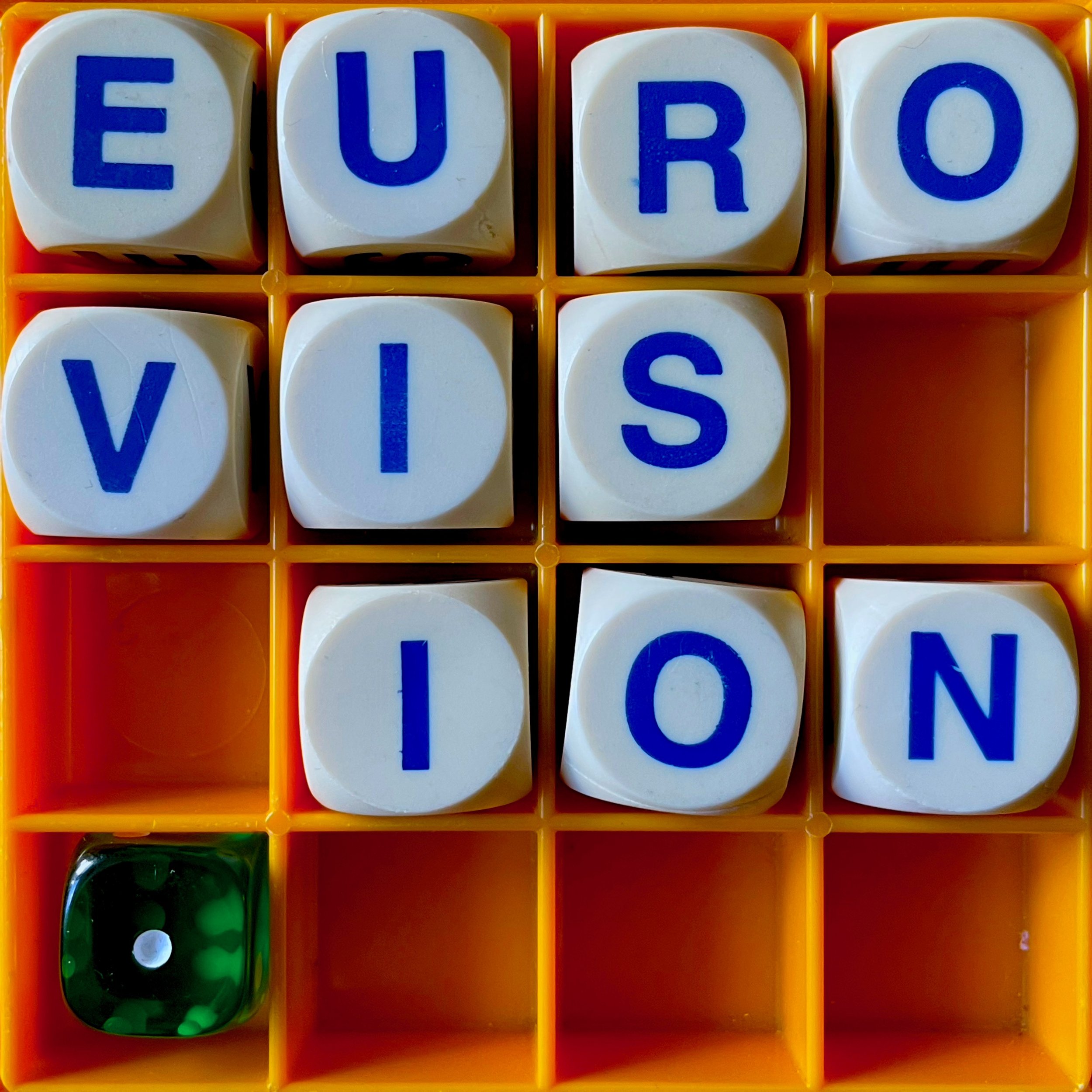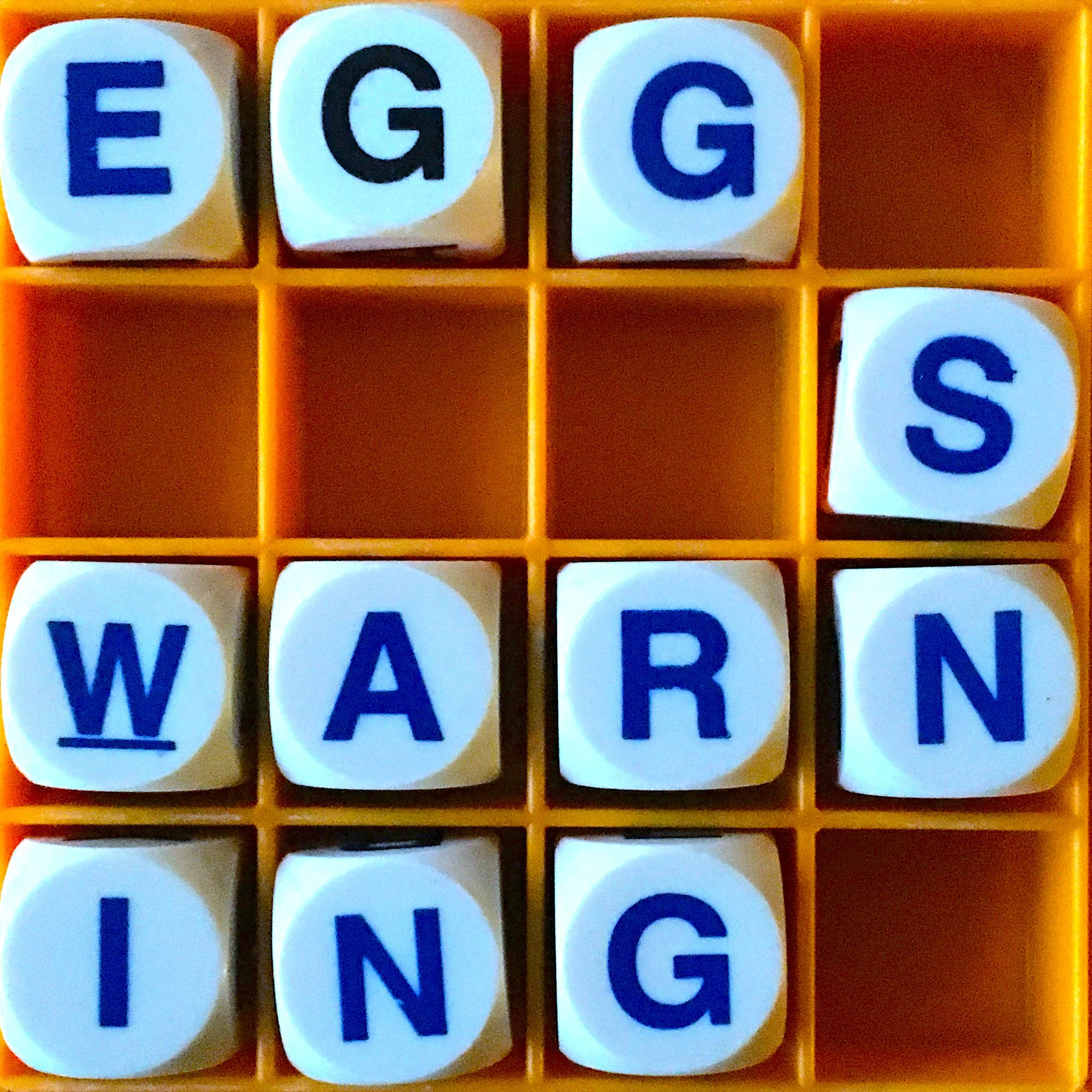Oh, you thought the Eurovision Song Contest was about songs? Or a fun international TV event that brings people together in lots of different countries? Or watching extremely vigorous dance numbers? OK, it is, but it's also about some pretty thorny language-related politics. Historian Dean Vuletic, author of Postwar Europe and the Eurovision Song Contest, discusses Eurovision's many linguistic controversies, and the ways the contest has been exploited politically - and caused political kick-offs too.
Read moreAllusionist 174. Eurovision part 1
There aren't many multilingual, multinational television shows that have been running for nearly seven decades. But what makes the Eurovision Song Contest so special to me is not the music, or the dancing, or the costumes that range from spangletastic to tear-off: no, it's the people butting heads about language. Historian Dean Vuletic, author of Postwar Europe and the Eurovision Song Contest, recounts the many changes in Eurovision's language rules, and its language hopes and dreams.
Read moreAllusionist 18: Fix part II
iTUNES • RSS • MP3
The messiness of English is the price of its success. It is the most widely spoken language in the world, geographically, being an official language in 88 different countries, and there are countless different versions of it all over the world. With so many speakers in so many places, it would be impossible to establish a single 'correct' form of English; and, as became evident in Fix part I, to try to do so is a losing game.
In Europe, a new strain of English is emerging. It's not spoken very widely, but it is used by some of the most powerful people in the world. Hampton and Michael Catlin, founders of the collaborative online dictionary Wordset, lead us into this linguistic netherworld.
Beware: excessive suffixes.
READING MATTER:
Who WOULDN'T want to read the European Court of Auditors' 66-page 2013 report Misused Words and Expressions in EU Publications? Curl up on the sofa and prepare to discover bold new uses for 'homogenise', 'mission' and 'jury'.
The history of musical notation, do re mi - née ut re mi - is interesting; read more about it here.
If you're infuriated by someone who muddles up words like 'gamut' and 'gamete', you could direct them to diffen.com or the-difference-between.com.
The transcript of today's show is here.
The Guardian interviewed me about the Allusionist and Answer Me This; take a look here (if just for the accompanying photo).
RANDOMLY SELECTED WORD FROM THE DICTIONARY:
gleet
CREDITS:
Hampton and Michael Catlin founded Wordset, the online collaborative dictionary that aims to collect every different form of English. You can help out at wordset.org. You can also hear the Catlins on their podcast, We Have A Microphone.
This episode was produced by me, Helen Zaltzman. Thanks to Matthew Crosby for his vocal contributions. The music is by Martin Austwick. Hear and/or download more - WITH LYRICS! - at thesoundoftheladies.bandcamp.com.
Say hello to me at facebook.com/allusionistshow, twitter.com/allusionistshow and twitter.com/helenzaltzman.





